The financial markets are full of complex instruments, and one such tool is the Bermuda option. This type of option is often overshadowed by more well-known counterparts like American and European options. However, the Bermuda option plays a significant role, especially for traders seeking flexibility. In the Indian share market, where derivatives play a crucial role, understanding Bermuda options can offer an advantage.
What is a Bermuda Option?
A Bermuda option is a financial derivative that allows the option holder to exercise the option at specific dates, typically at intervals before the expiration date. It is considered a hybrid of American and European options. While American options can be exercised anytime before expiration and European options only on the expiration date, Bermuda options strike a balance between these two.
Key Characteristics of Bermuda Options:
- Exercise on pre-specified dates before expiration.
- Flexibility compared to European options.
- Generally cheaper than American options.
Historical Background of Bermuda Options
Bermuda options originated in the financial markets of Bermuda, a known hub for derivatives and insurance products. This unique option type quickly spread to global financial markets, including India. Historically, Bermuda options have been more common in over-the-counter (OTC) markets, catering to sophisticated investors like hedge funds and institutional traders.
| Year | Key Event in Bermuda Option History |
|---|---|
| 1990s | Bermuda options introduced in Bermuda as a niche product |
| Early 2000s | Adoption by hedge funds and institutional traders globally |
| 2010s | Increased popularity in Asia, including India, for complex trades |
How Do Bermuda Options Work?
The mechanics of Bermuda options are similar to other types of options but with a distinct difference in the exercise process. The holder can exercise the option only on specific dates, known as “exercise windows.” These dates are agreed upon when the option is purchased.
For example, if an investor purchases a Bermuda call option with three exercise dates, they can exercise the option on any of these dates. If the market conditions are favorable on any of the designated dates, the investor can profit by exercising the option. However, if the market is unfavorable on all exercise dates, the option will expire worthless.
Comparison of Option Types
| Option Type | Exercise Flexibility | Cost |
|---|---|---|
| American Option | Can be exercised any time before expiration | Higher premium |
| European Option | Can be exercised only on the expiration date | Lower premium |
| Bermuda Option | Can be exercised on pre-determined dates before expiration | Medium premium |
Bermuda Options in the Indian Share Market
The Indian share market is evolving rapidly, and Bermuda options are slowly gaining traction. While the majority of Indian retail investors prefer traditional options (American or European), more sophisticated traders are exploring Bermuda options to gain the flexibility they offer.
Key Sectors in India Using Bermuda Options:
- Banking and Financial Services: The use of Bermuda options to hedge against interest rate fluctuations.
- Pharmaceuticals: Managing currency risks with Bermuda options in global transactions.
- Technology Firms: Hedging against stock price volatility using Bermuda call and put options.
Historical Data: Bermuda Options vs Other Options
To understand the growth of Bermuda options in India, let’s look at historical data comparing their popularity and usage with American and European options over the last decade.
| Year | Bermuda Options Usage (Volume) | American Options Usage (Volume) | European Options Usage (Volume) |
|---|---|---|---|
| 2014 | 10,000 | 50,000 | 40,000 |
| 2016 | 15,000 | 55,000 | 45,000 |
| 2018 | 22,000 | 60,000 | 50,000 |
| 2020 | 35,000 | 65,000 | 55,000 |
| 2022 | 45,000 | 70,000 | 60,000 |
As seen in the table, the volume of Bermuda options has been steadily increasing in India. Although they still lag behind American and European options, the growth rate is promising.
Advantages of Bermuda Options
- Flexibility: Bermuda options offer more flexibility than European options since they can be exercised before expiration but only on specific dates.
- Cost-Effective: Compared to American options, Bermuda options are generally more affordable due to fewer exercise dates, reducing the premium.
- Strategic Use in Volatile Markets: Investors use Bermuda options in volatile markets to limit losses while retaining the potential for gains.
Drawbacks of Bermuda Options
- Limited Exercise Opportunities: Unlike American options, which can be exercised any time, Bermuda options limit exercise to specific dates, which may not always align with market conditions.
- Complex Pricing Models: Bermuda options are priced using complex financial models, which may make them harder to value for retail investors.
- Less Liquidity: Bermuda options are less liquid than their American and European counterparts, especially in the Indian market.
Pricing Bermuda Options
The pricing of Bermuda options is complex and depends on several factors:
- Underlying asset price
- Time to expiration
- Interest rates
- Volatility
The pricing model for Bermuda options uses a binomial tree or lattice model, as traditional Black-Scholes models don’t fully capture the unique exercise schedule.
Hedging and Speculating with Bermuda Options
In India, Bermuda options are used primarily for two purposes:
- Hedging: Investors use Bermuda options to hedge against adverse movements in stock prices, interest rates, or currencies.
- Speculating: Traders use these options to speculate on future price movements in stocks or other assets, hoping to capitalize on favorable market conditions during the exercise windows.
Real-World Example
Let’s say a trader in the Indian stock market buys a Bermuda call option on a popular stock, such as Reliance Industries. The option allows them to exercise on two specific dates within the next six months. If the stock price rises before the first or second exercise date, the trader can exercise the option and lock in profits. If the price does not rise by either date, the option expires worthless, and the trader loses the premium paid.
| Date | Stock Price | Action | Profit/Loss |
|---|---|---|---|
| March 1 | ₹2,300 | No action | ₹0 |
| April 15 | ₹2,500 | Exercised | ₹200 |
| June 1 | ₹2,600 | Option Expired | ₹0 |
The Future of Bermuda Options in India
With the growing sophistication of the Indian financial markets, Bermuda options are expected to become more popular, especially as institutional investors seek flexible and cost-effective hedging strategies. Additionally, as the Indian derivatives market matures, more complex products like Bermuda options will see increased adoption.
Conclusion
Bermuda options offer a unique balance of flexibility and cost, making them an attractive option for investors looking for strategic flexibility. While still underutilized in India, they have the potential to grow as more investors become familiar with their benefits. For traders and investors looking to hedge or speculate with more control over timing, Bermuda options present a viable alternative to traditional options.
FAQ Section
- What is the key difference between Bermuda and European options?
- Bermuda options allow for exercise on specific dates before expiration, while European options can only be exercised at expiration.
- Are Bermuda options more expensive than American options?
- No, Bermuda options are typically cheaper than American options because of the limited exercise opportunities.
- Can retail investors in India buy Bermuda options?
- Bermuda options are generally available in over-the-counter (OTC) markets and may be harder to access for retail investors in India.
- Is liquidity a concern with Bermuda options?
- Yes, Bermuda options tend to have lower liquidity compared to American and European options, especially in markets like India.

What Is Implied Volatility?
In the realm of Indian share market derivatives, implied volatility (IV) plays a crucial role …

What is Margin Funding?
Margin funding is a powerful tool in the Indian share market that allows traders to …

Forward vs Future contract
In the Indian share market, derivatives such as forward and future contracts play a pivotal …

What is Margin Money?
Margin money is a crucial aspect of trading in the Indian share market, especially in …
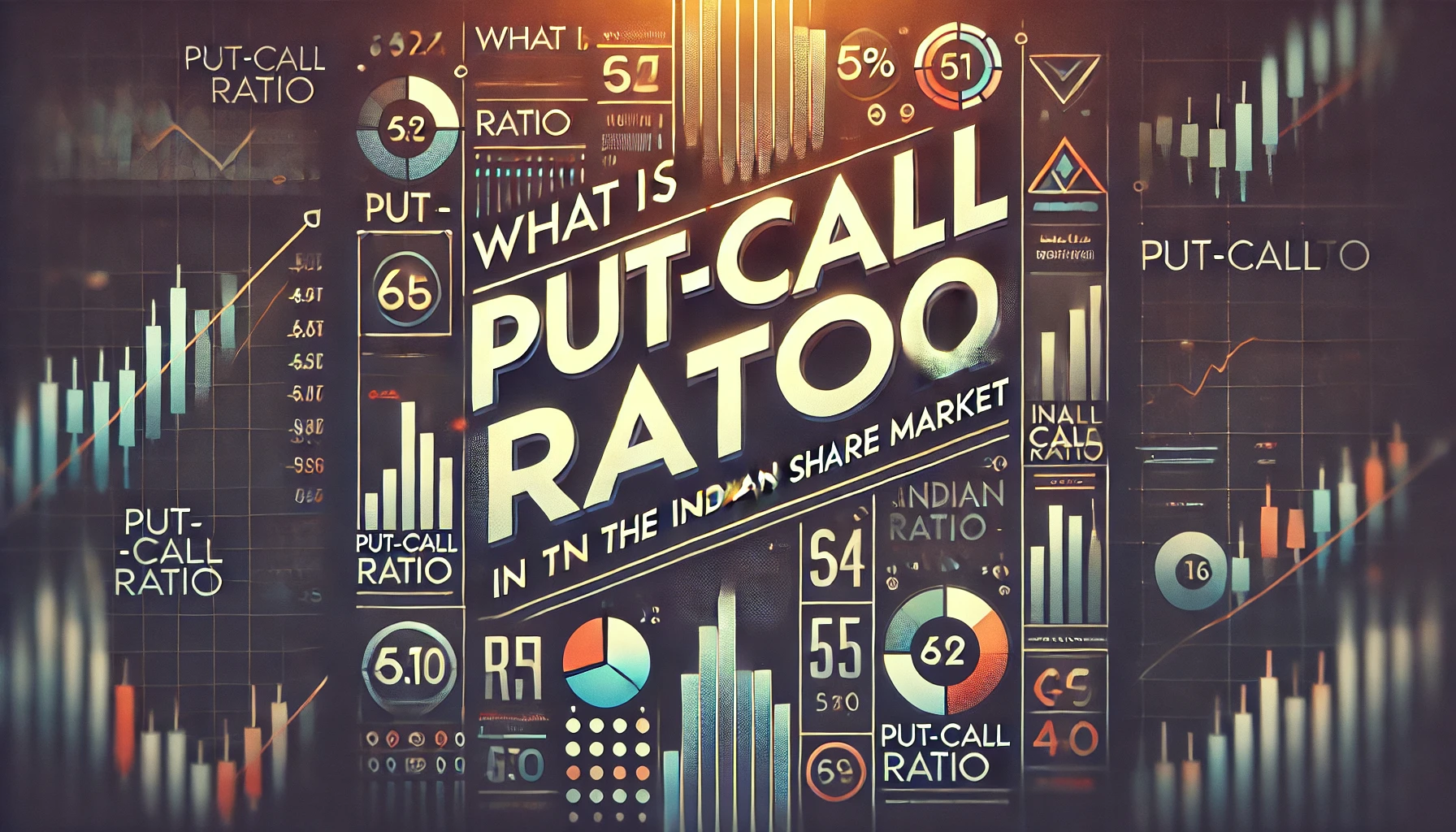
What is Put-Call Ratio?
The Put-Call Ratio (PCR) is one of the most widely used indicators in options trading …

What is Derivatives?
Derivatives are financial instruments whose value is derived from an underlying asset or benchmark. In …
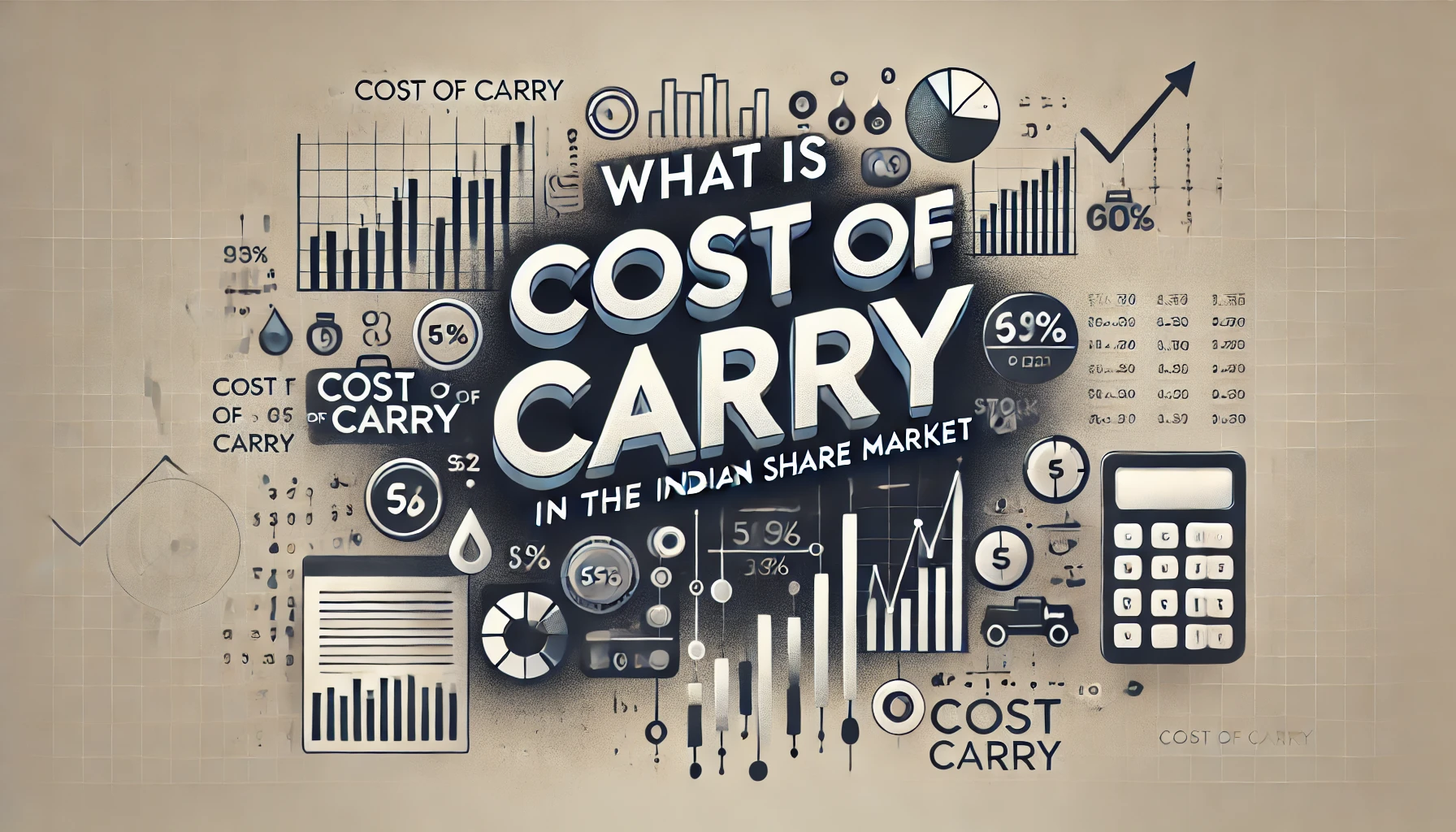
What is Cost of Carry?
The cost of carry is an essential concept in futures trading that reflects the cost …

What is futures
Futures are a fundamental part of derivatives trading in the Indian stock market. They allow …
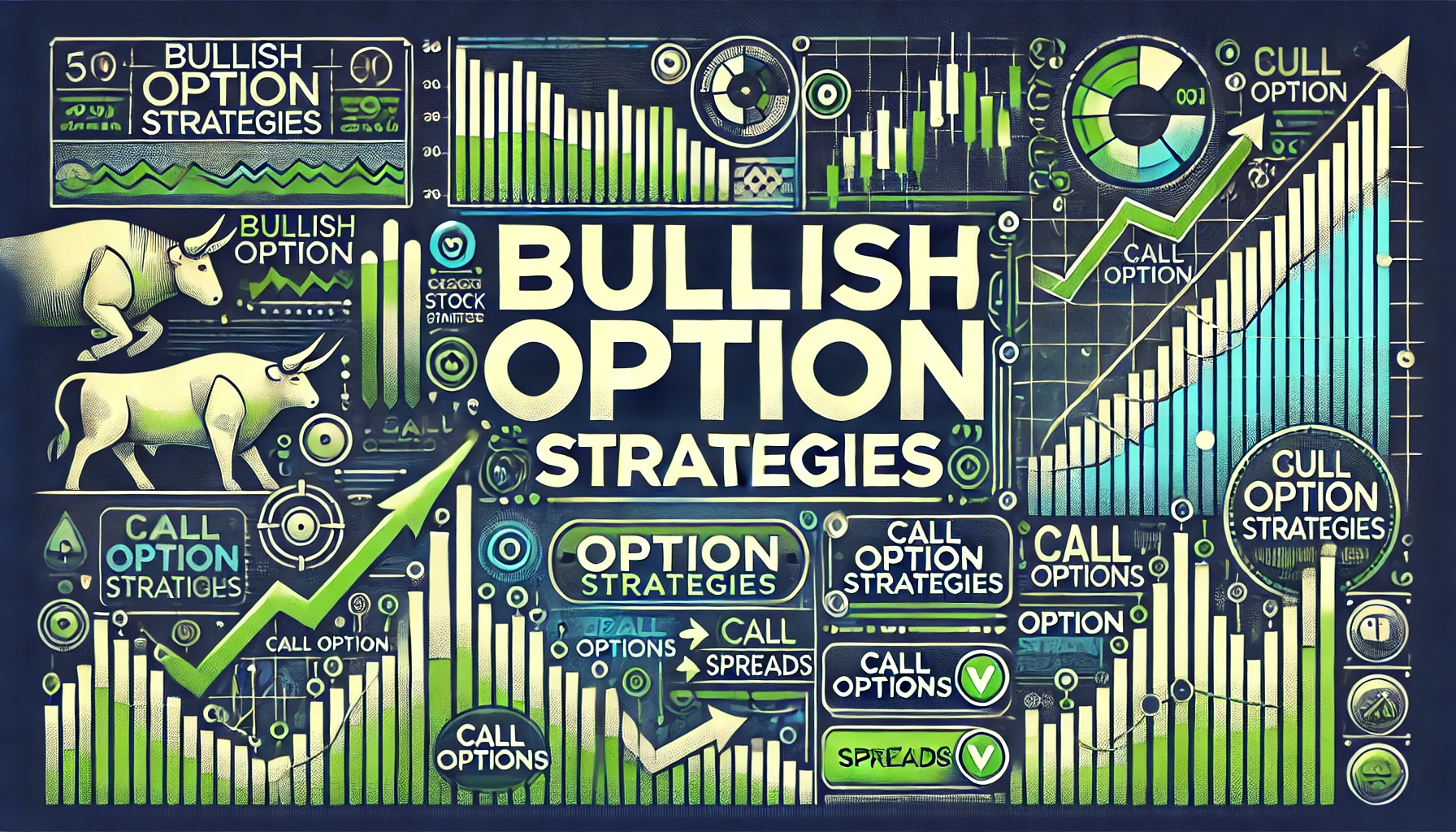
Bullish Option Strategies
In the ever-evolving world of derivatives trading, options have become a powerful tool for investors …

Understanding Physical Settlement in Futures & Options Contracts: A Comprehensive Guide
In the world of derivatives trading, the concept of physical settlement has gained prominence, particularly …
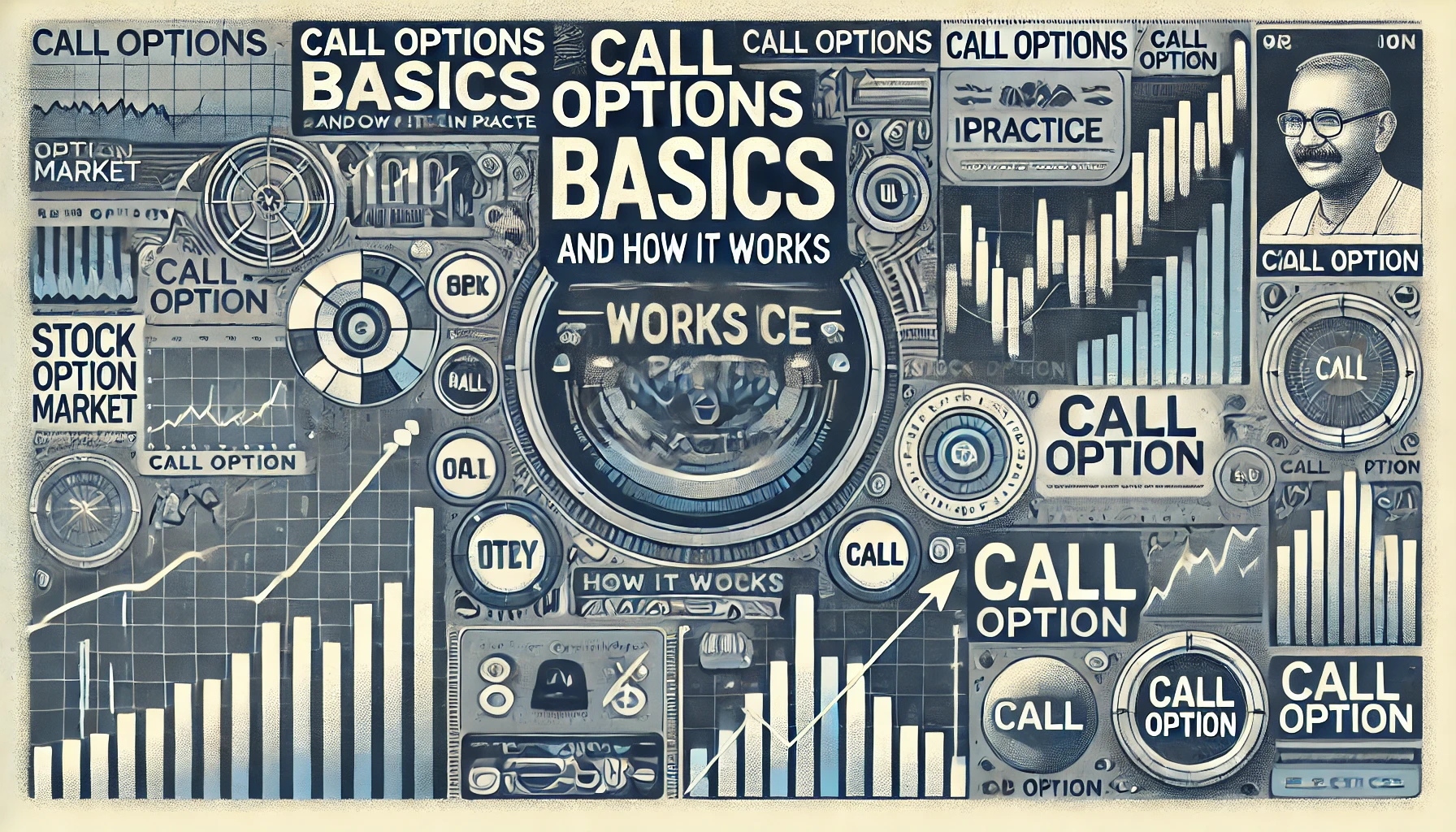
what are call options
The Indian share market has expanded significantly over the years, attracting a growing number of …

What Is Credit Spread Strategy
In the world of options trading, the credit spread strategy is one of the most …

What Is a Forward Contract
A forward contract is a customized financial agreement between two parties to buy or sell …

Types of Derivatives in India
The Indian derivatives market has grown exponentially, becoming a vital tool for investors and traders …
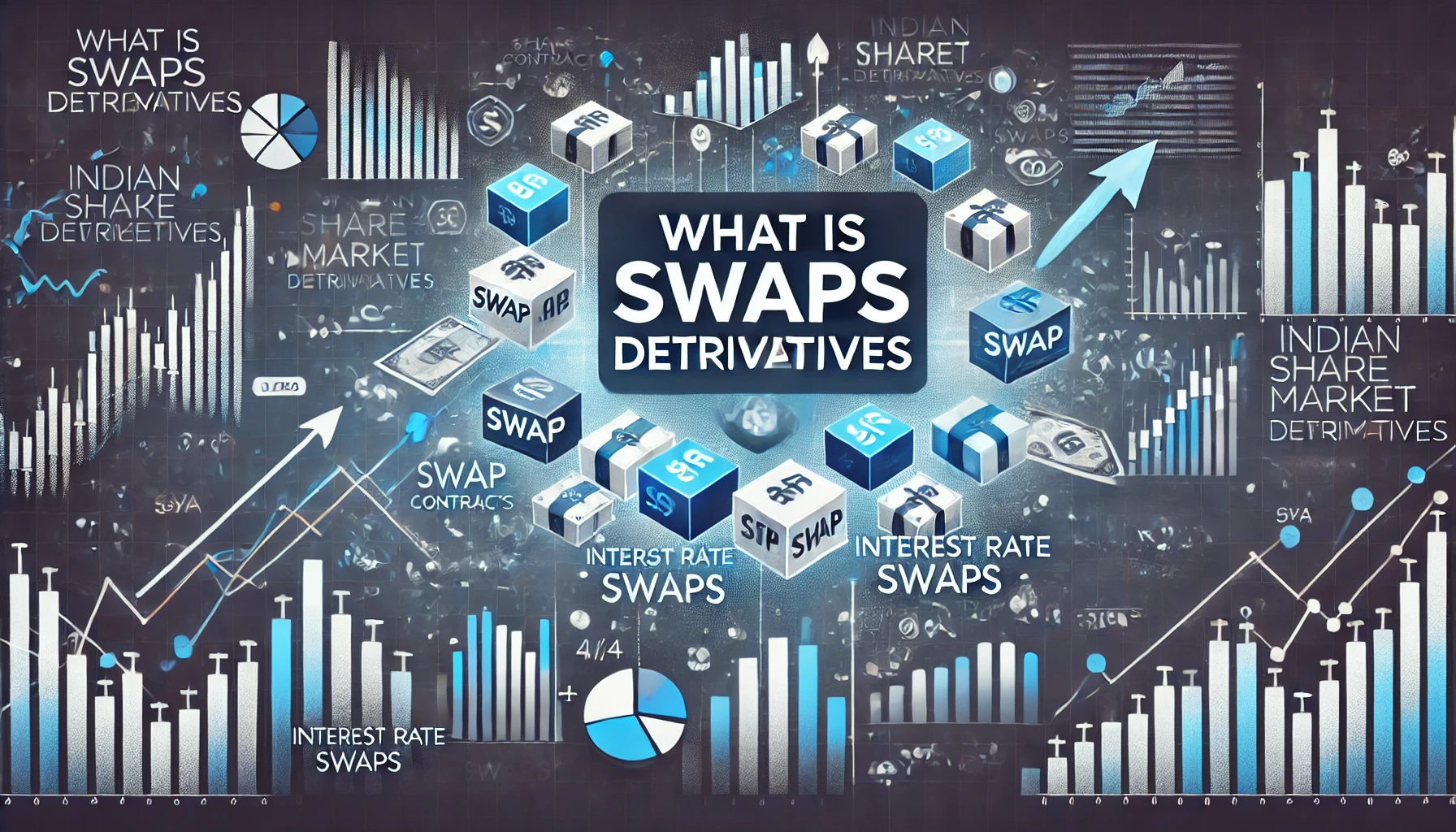
What is Swaps Derivatives
In the world of derivatives, swaps are a special class of contracts that allow two …

Intrinsic Value and Time Value of Options
Options trading is one of the most widely used financial instruments in the Indian share …

What is Open Interest?
In the world of derivatives, the concept of “Open Interest” plays a crucial role in …

Types of underlying assets in derivatives
The Indian derivatives market has grown exponentially over the last few decades, thanks to its …

derivatives on Option Volatility & Pricing Strategies
The Indian share market derivatives segment is a dynamic environment where advanced traders rely heavily …

What is Futures Contract
The Indian share market offers various financial instruments that provide opportunities for investors and traders. …
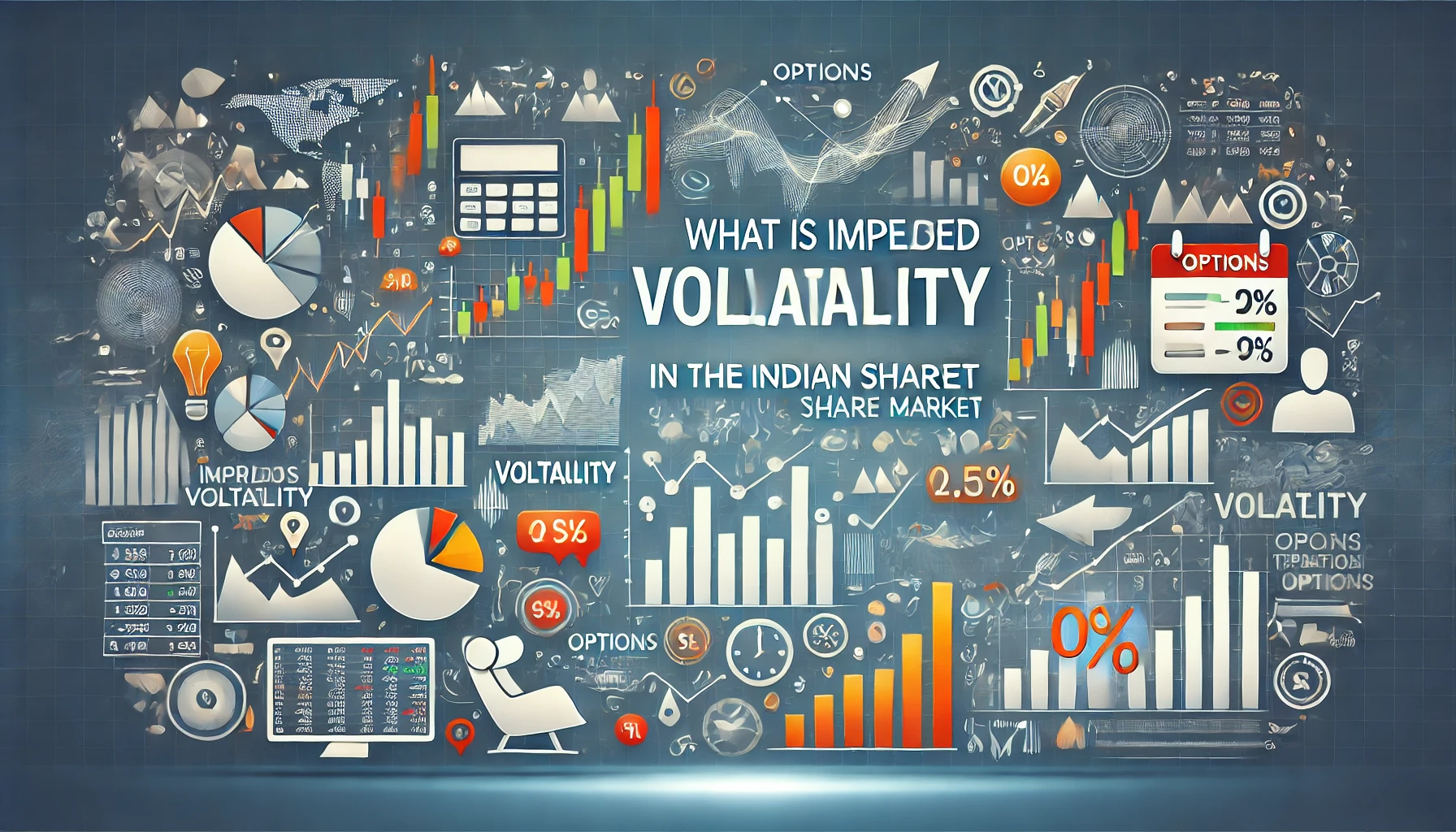
What is implied volatility in options?
In the world of options trading, one of the most crucial elements to understand is …

Futures Pricing Formula
The Indian share market is known for its dynamic nature and offers various opportunities for …

What is an ITM Call Option?
The world of options trading is filled with technical terms that are crucial for investors …

What is Max Pain Theory?
The Indian share market is full of strategies and theories that traders use to predict …

What is OTM Call Options
In options trading, terms like “in the money” (ITM), “at the money” (ATM), and “out …

What Is Rollover
Rollover is a common term in the world of futures and derivatives trading, especially in …

Futures Prices Converge Upon Spot Prices
In the world of financial markets, futures contracts play a significant role. One of the …
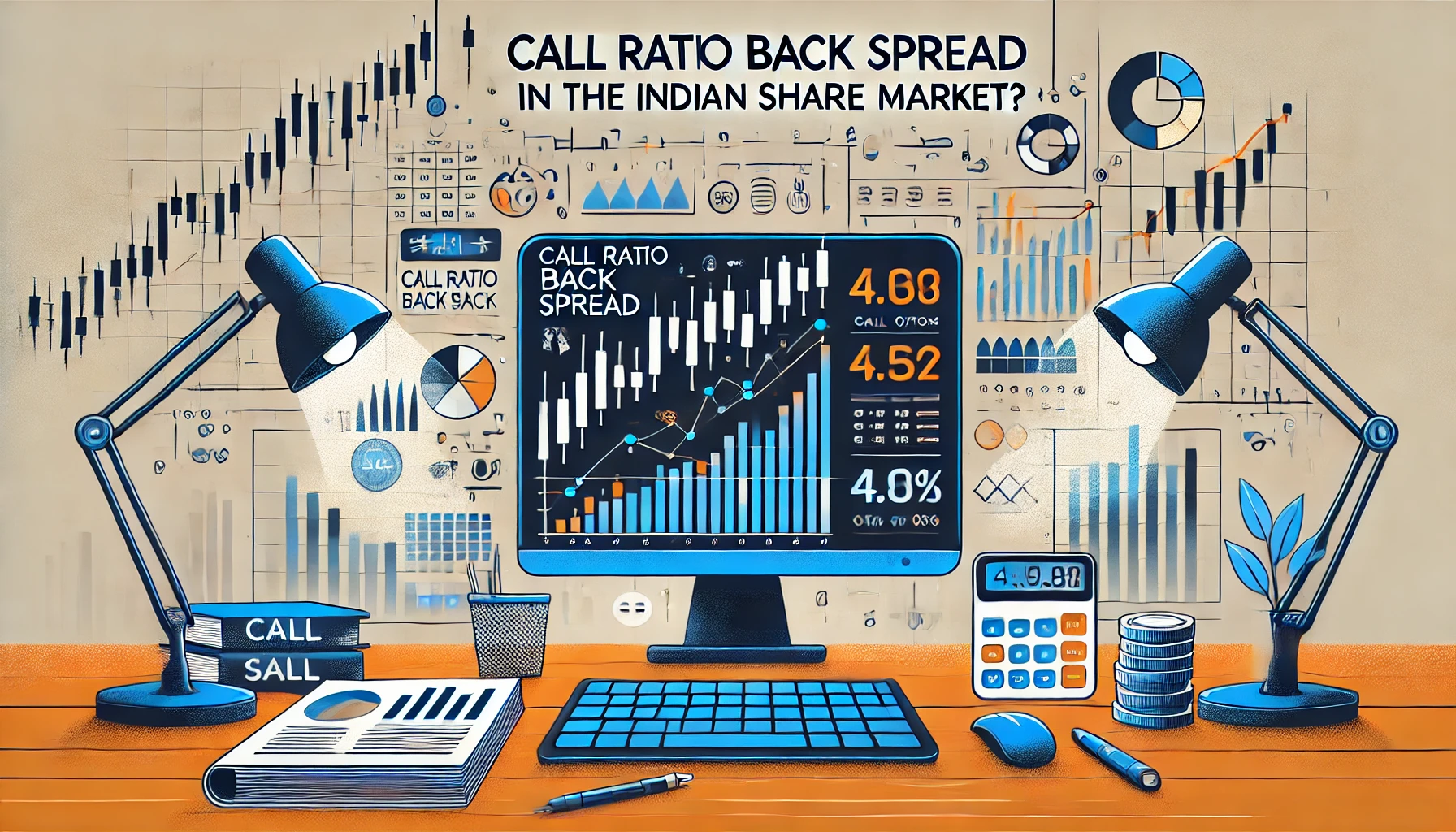
Call Ratio Back Spread
In the Indian share market, advanced trading strategies such as the Call Ratio Back Spread …
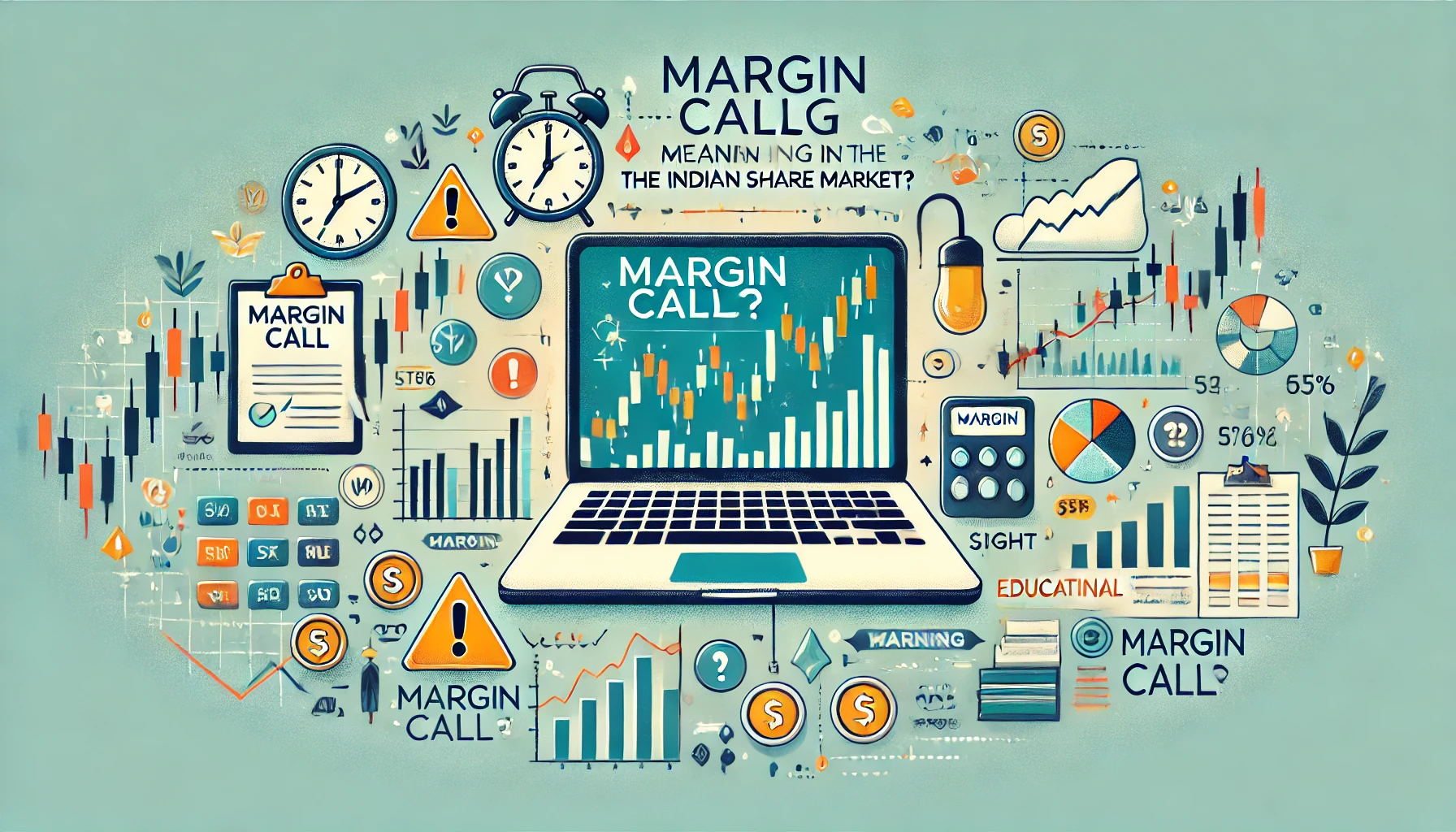
Margin Call Meaning
A margin call is one of the most critical warnings in trading, often marking a …

What is Bermuda Option?
The financial markets are full of complex instruments, and one such tool is the Bermuda …


















